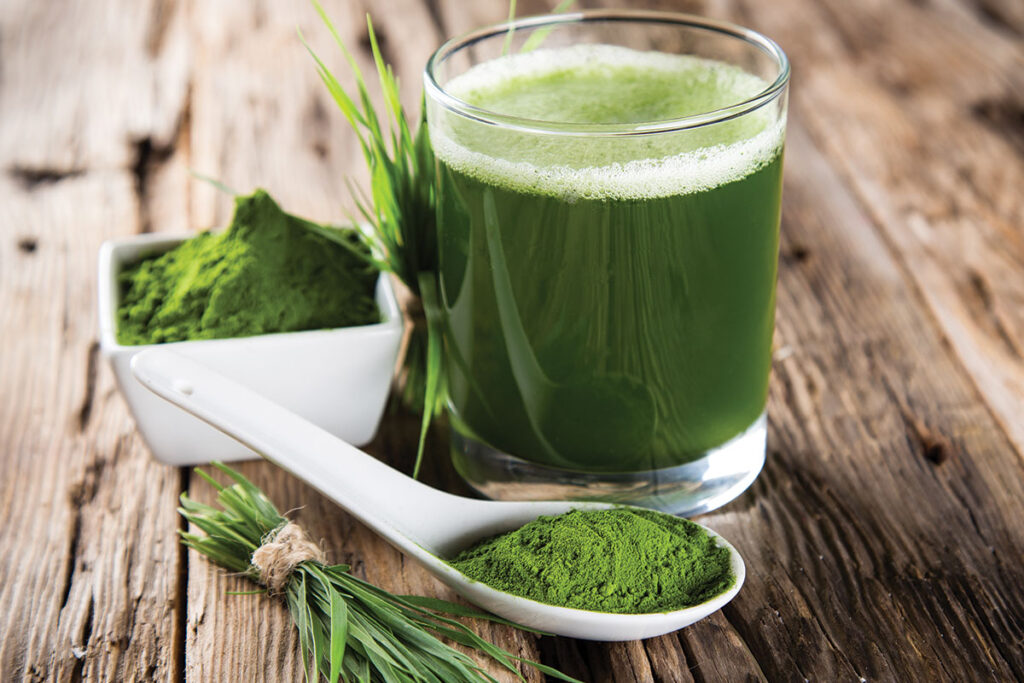Advertisement
Green Energy
Using nutrition to charge our batteries

The many demands of modern life involve a great deal of mental focus. Trying to maintain sustained cognitive focus is, as we all know, draining. We feel exhausted. As a result, we crave energy solutions, but are we doing the right thing?
Advertisement
Caffeine for energy
Many of us file by foot and by car toward cafes, pulled by the magnetic lure of seeds from the genus Coffea—or, more specifically, caffeine: an energy “solution” in the form of stimulation. Caffeine can provide a temporary feeling of increased energy; however, there is far more to feeling energized than simply ingesting a lot of coffee.
Caffeine is a phytochemical. Phytochemicals (also called phytonutrients) are natural compounds that give plants their taste, texture, and appearance, and that help plants survive and thrive. There are many phytochemicals beyond caffeine, and these may be an untapped energy source.
Advertisement
Green foods for energy
Green energy is a more sustainable, longer-term way to charge our batteries. Overall diet quality, especially higher intakes of deep green plants and other colourful fruits and vegetables, is associated with a positive mental outlook and good cognitive functioning.
Scientists have discovered that consumption of certain phytonutrient-laden plants may be involved in promoting mental acuity and feelings of energy. Research is showing that, beyond simply being antioxidants that defend cells, some phytonutrients can influence our bodies in other ways, including affecting our mood and attention.
Advertisement
The key difference
Consuming foods with a wide variety of phytonutrients can help with energy over time, rather than the rapid boost in energy we may feel from agents like caffeine (or combinations of caffeine and taurine, the basis of many energy drinks). Research on a mixture of phytonutrient-containing plant ingredients showed the combination could increase feelings of energy and vitality in otherwise healthy women compared to a placebo group.
Advertisement
Striking a balance
In my practice, I encourage higher intakes of phytonutrients, especially a type called polyphenols, as a way to complement modest levels of caffeine and other commonly used botanicals. This can provide sustaining energy and tap into vitality—what could be described as a feeling of enthusiasm and zest. These are benefits that wouldn’t likely be realized by drinking a conventional energy drink.
Despite good intentions, dietary intake of a wide variety of phytonutrients can be difficult. Supplementing is not simply a nutritional insurance policy, but an assurance we’re getting the phytonutrient variety that provides a little something extra.




